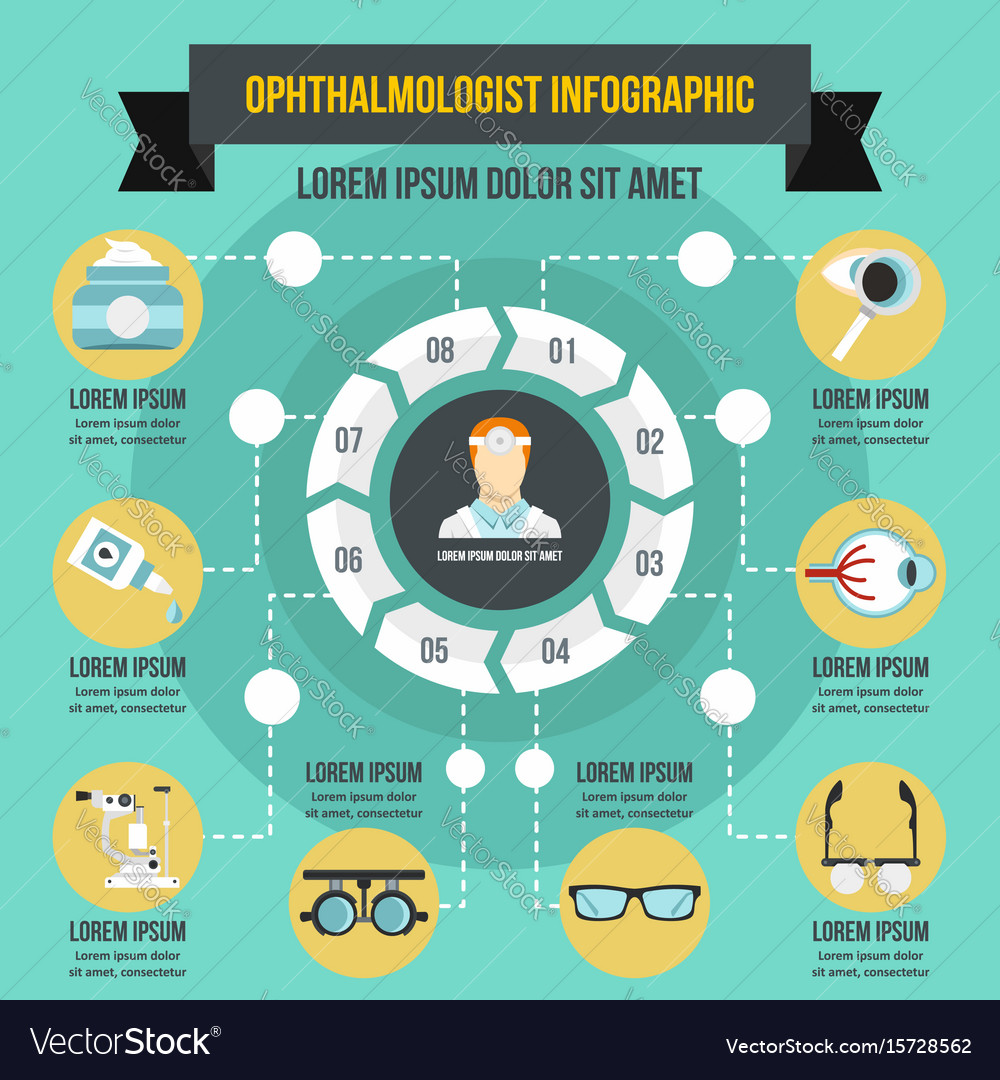If you're pondering SMILE eye surgical procedure, contemplate this: are you prepared to welcome potential visual flexibility, or does the idea of any kind of dangers make you be reluctant? Your decision will hinge on a cautious balance of weighing the advantages versus the unpredictabilities. It's important to dig deeper into the nuances of SMILE surgery to make an informed choice that lines up with your aesthetic objectives.
Understanding SMILE Eye Surgery
When considering SMILE Eye Surgical treatment, it is essential to comprehend the treatment and its benefits. SMILE, which means Tiny Incision Lenticule Removal, is a minimally invasive laser eye surgical treatment that corrects common vision problems like myopia (nearsightedness).
Throughout the treatment, your eye cosmetic surgeon will certainly utilize a femtosecond laser to develop a tiny incision in your cornea. With https://squareblogs.net/sandie24alexis/7-benefits-of-laser-vision-adjustment-you-shouldnt-neglect , a small disc of cells called a lenticule is removed, reshaping the cornea and fixing your vision.
Among the vital benefits of SMILE Eye Surgery is its quick healing time. Many individuals experience boosted vision within a day or two after the treatment, with marginal discomfort.
Additionally, SMILE is understood for its high success rate in providing long-term vision correction. Unlike LASIK, SMILE doesn't need the production of a flap in the cornea, lowering the danger of difficulties and allowing for a much more steady corneal structure post-surgery.
Comprehending simply click the up coming document and its advantages is important when considering SMILE Eye Surgery for vision correction.
Advantages and disadvantages of SMILE
Thinking About SMILE Eye Surgical procedure for vision modification comes with various benefits and prospective drawbacks.
Among the major pros of SMILE is its minimally invasive nature, as it entails a little laceration and generally leads to fast recovery times. The procedure is also known for causing very little discomfort and completely dry eye symptoms post-surgery compared to various other vision correction methods. Furthermore, SMILE has been revealed to offer superb aesthetic outcomes, with numerous clients accomplishing 20/20 vision or much better.
On the other hand, a possible disadvantage of SMILE is that it may not appropriate for individuals with serious refractive mistakes, as the therapy range is somewhat limited compared to LASIK. One more consideration is that the understanding curve for cosmetic surgeons applying SMILE can influence the availability of skilled carriers in certain areas.
It is very important to evaluate these benefits and drawbacks thoroughly when making a decision if SMILE is the right option for your vision improvement demands.
Figuring Out Qualification for SMILE
To establish if you're eligible for SMILE eye surgical treatment, your eye doctor will perform a detailed analysis of your eye health and vision needs. Throughout this evaluation, factors such as the stability of your vision prescription, the density of your cornea, and the general wellness of your eyes will certainly be assessed.
Generally, prospects for SMILE more than 22 years of ages, have a secure vision prescription for at the very least a year, and have healthy and balanced corneas without problems like keratoconus.
Your optometrist will certainly also consider your overall eye health, any existing eye problems, and your way of living requires to identify if SMILE is the right option for you. It's essential to interact any kind of specific visual requirements or worries you may have throughout this evaluation to guarantee that the therapy lines up with your expectations.
If you aren't qualified for SMILE, your ophthalmologist may advise alternate vision correction options that better fit your specific requirements and eye health and wellness condition.
Final thought
Inevitably, choosing whether SMILE eye surgical treatment is right for you requires careful consideration of your individual eye health and wellness and visual demands. Talk to your ophthalmologist to determine your qualification for the treatment and weigh the possible advantages and drawbacks. Remember to communicate any type of concerns or concerns you may have throughout the examination procedure to make an educated decision regarding your vision correction options.
